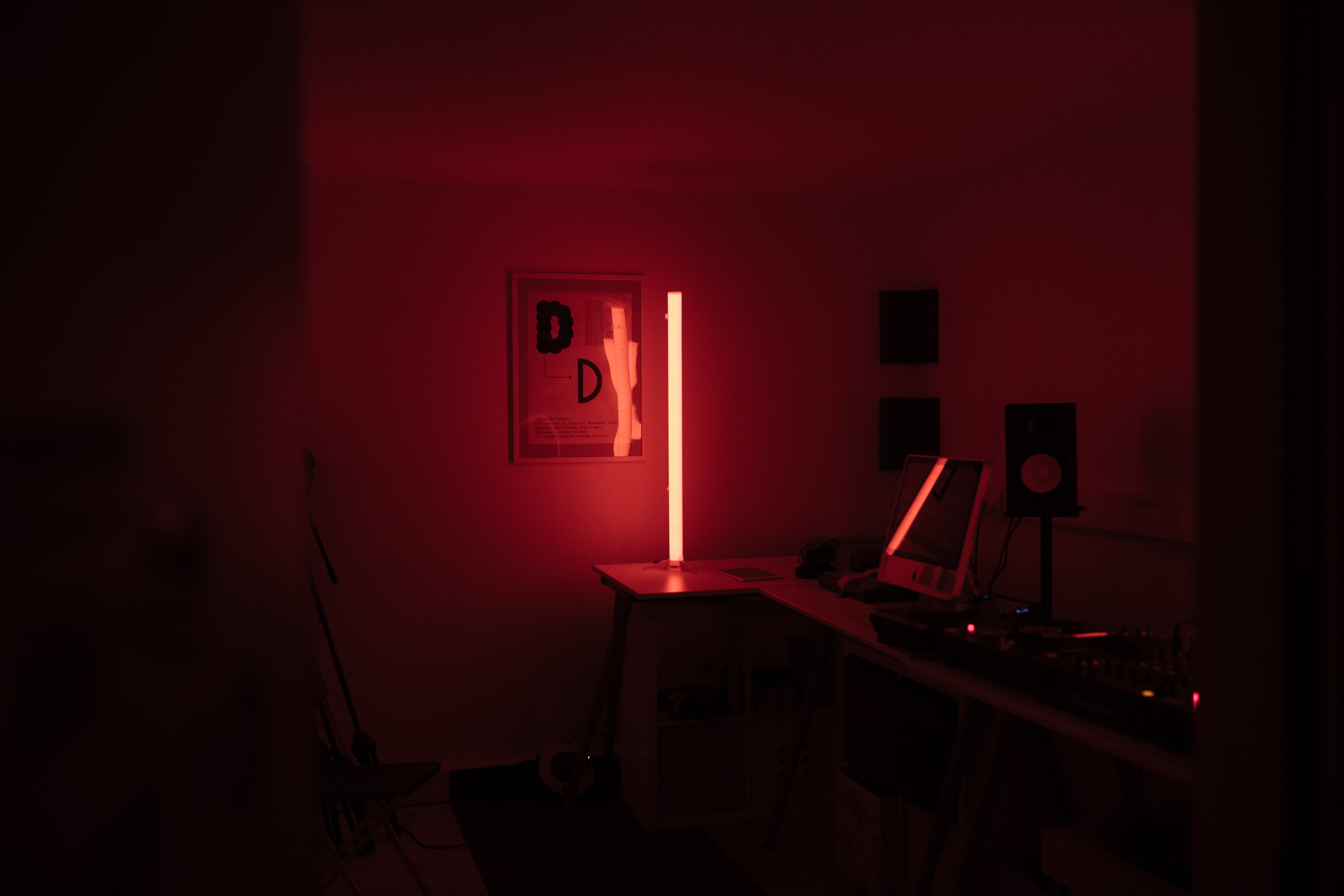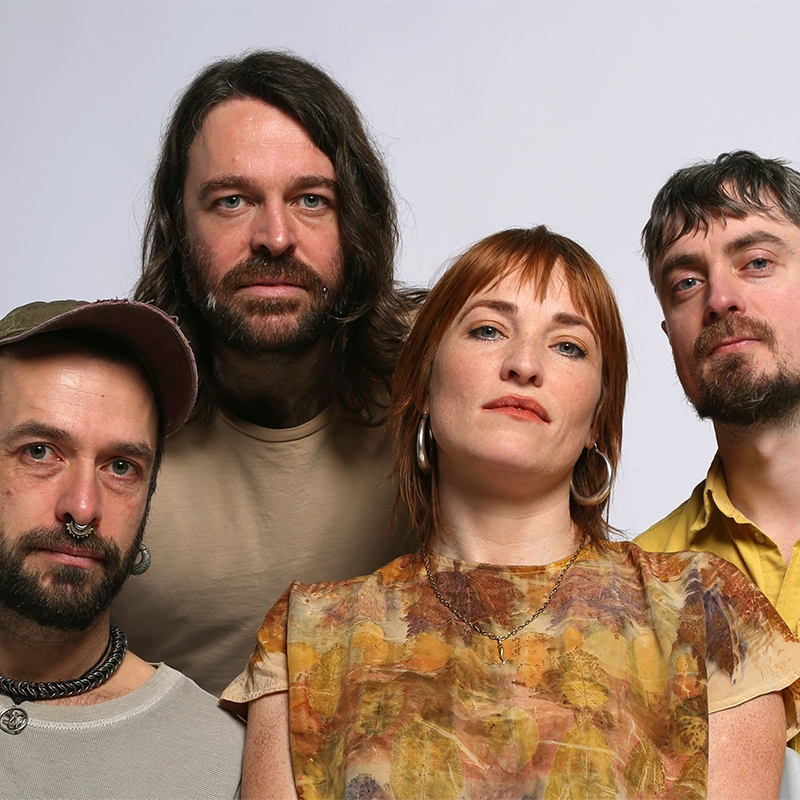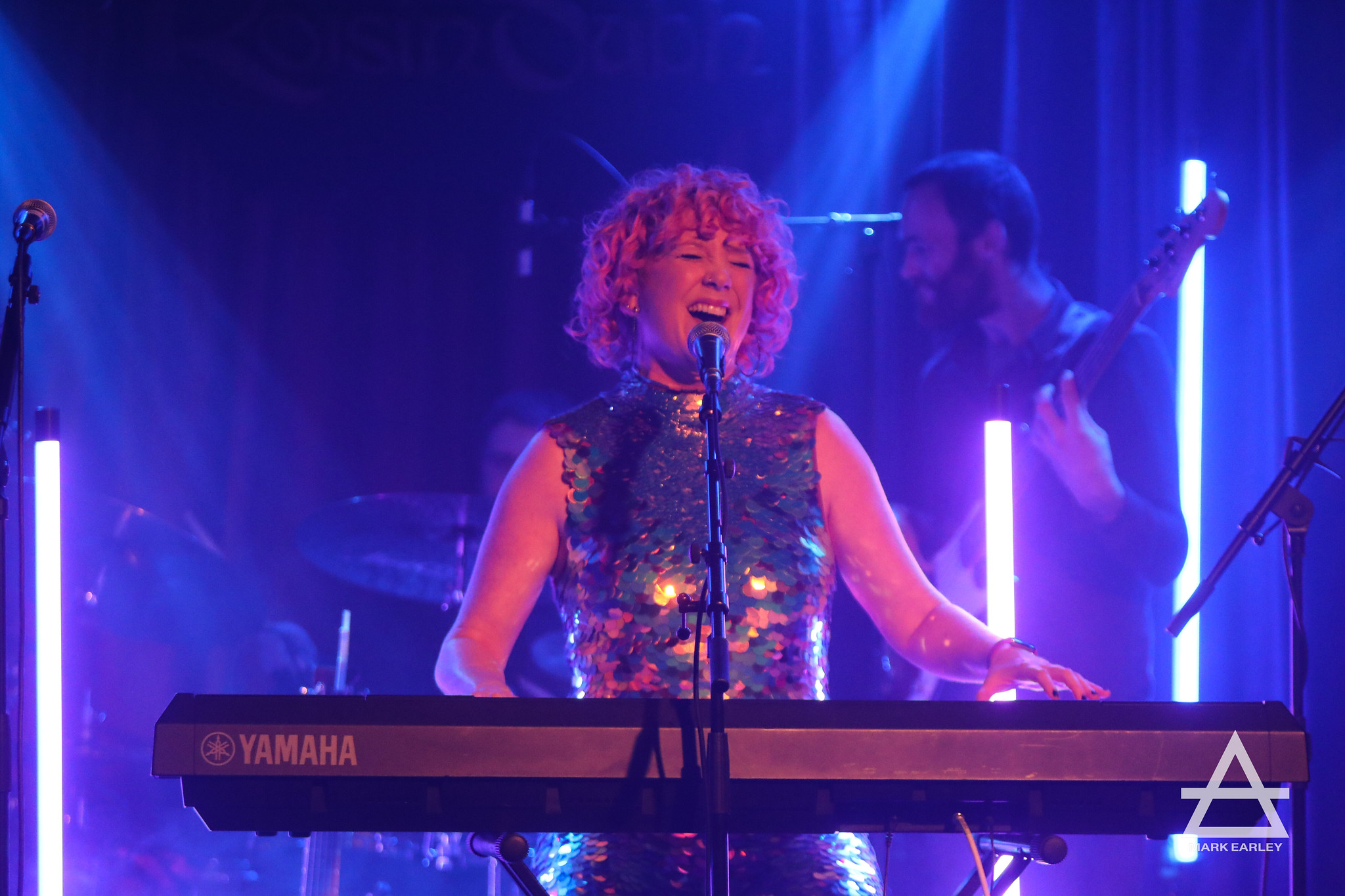In the first of a new monthly series by residents of Dublin Digital Radio, exploring their practice and the craft of radio-making, ddr. co-founder and Time Slip host Seán Finnan asks: “Why radio?”
As of this month, Dublin Digital Radio is starting a new column in The Thin Air. Each month, the radio logs will focus on a different resident who contributes to the ever-expanding range of music and sound that has found a home on the station’s stream. Our approach to the column will aim to be as varied as the attitudes to radiomaking found on our platform; residents, perhaps, exploring the act of radiomaking in conversation with other residents, or their reflections on the thrill of harnessing the cacophony of noise to terrify listeners towards the comforting algorithm of silence, or musings maybe on the temporary sanctuary found in entombing oneself in the warm sonic womb of the studio. We’ll leave it up to them.
One thing I have been thinking more about recently is – why radio? Whether you could even classify what we do day in and day out as radio still. Perhaps we have all just collectively decided to hijack the term radio, to make sense of the work we do online (and off) everyday. To understand this assemblage of webpages, shows, networks of volunteers, audio equipment, listeners, subscribers, events, festivals, writings, chat, sound, and music, as somehow, radio.
Or maybe internet radio is just another experiment in a long lineage of experimentations on the airwaves, the constant to-and-fro between radio enthusiasts as they swung from one incarnation of radio to another, the important thing being that music, sound and voice were being broadcast over the airwaves, to express … Well, express what? For national broadcasters the respectable sounds of a nation, an expression of some type of native folk essence, for pirate radio stations a hankering for the hits from the major labels. For the Free Radio movement, the objective was to radicalise the airwaves. Whatever the outlet, the airwaves have always had an agenda.
But then again, can we use the term airwaves any longer if even the infrastructure by which we broadcast is no longer strictly radio, the sound that travels from our studio in Dublin 7 to your ears dissolved in bits and travelling through a matrix of underground wires, rather than the radio waves that inhabit the air around us. Is radio the technical apparatus or the form? Speculating in 1930, Brecht envisioned the future of radio in “a vast network of pipes”, a means by which one could speak back rather than being subject to whatever voice echoed in the air, which during his time, one would imagine was the fervent xenophobic bile of Nazi Germany. Lacking an essence, radio was for Brecht, an idea. A tool of communication that did not yet exist but should be fought for. One that opened up a space for egalitarian communication. A destination.
It seems in the vast network of pipes, the underground hardware that allows internet radio to exist, radio is making another brief stop on this long meandering journey. In its nearly seven years of existence, ddr. is constantly testing out its own boundaries, searching for a form that can not only foster connections, community, creativity, and communication, but is also, importantly, participatory and democratic, a space that operates across the terrains of radio and internet, seeking to meld them together in an attempt at achieving a digital commons of sonic space. And by extension it’s also testing radio’s boundaries, as well as our own expectations around culture spaces. When so much of these spaces are simply about selling access to an audience onwards to advertising companies, creating autonomous spaces for cultural production is not so much a means of resistance to the ever-entrancing vortex of commercialism (although we do think of it as that too), but a constant experiment in how an ever-growing collective of people can work together to create and to contribute to something that is meaningful to them.
And that something, in this case, is radio.
So for this series, it’s the radiomakers we want to profile. And give them the space to speak about their practice in whatever form they choose, and highlight how the craft of radio making, that stitching of sounds and voice, irrespective of the technical means of its dispersion, goes ever on, towards destinations unknown. Seán Finnan
Seán Finnan presents Time Slip on Dublin Digital Radio and is researching community internet radio at TU Dublin. His research is funded by the Irish Research Council.






